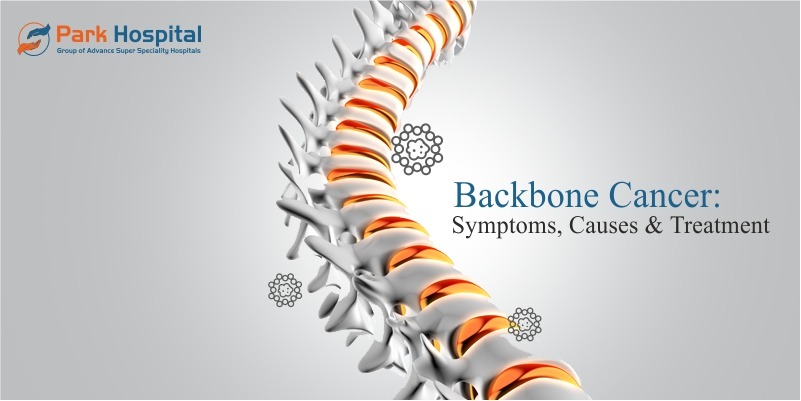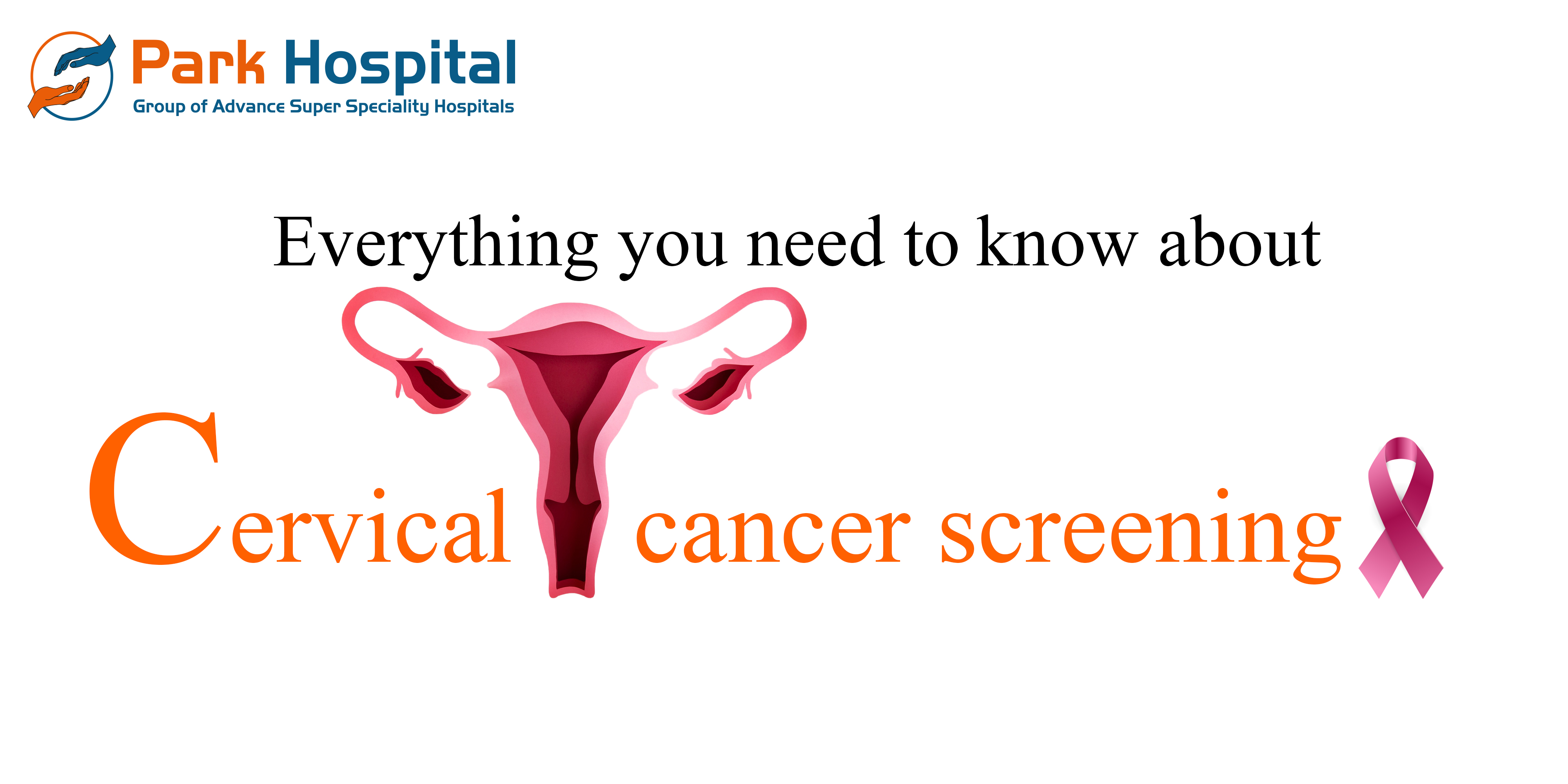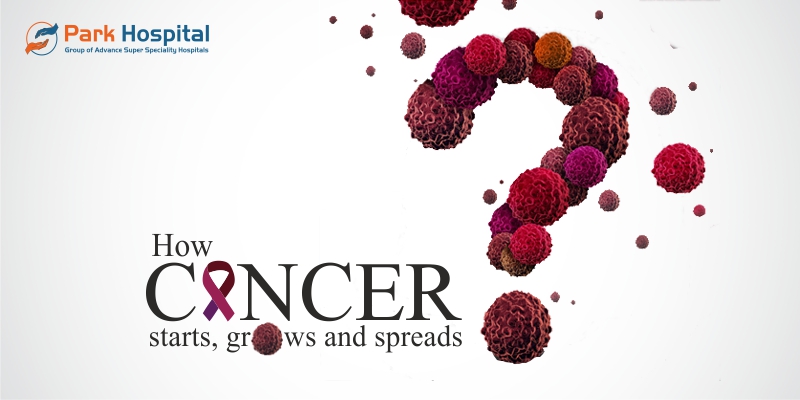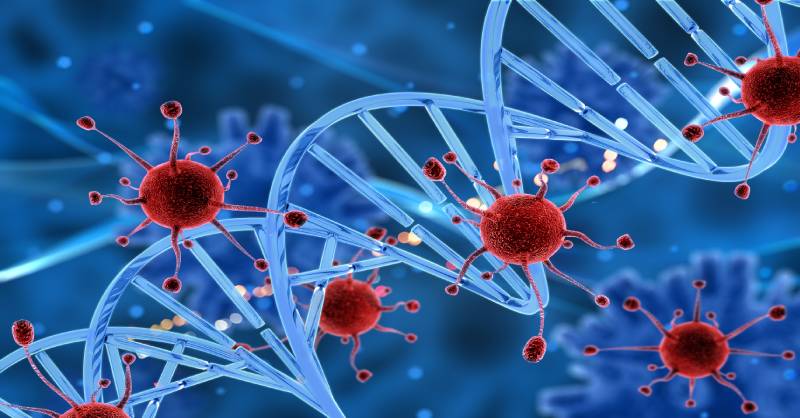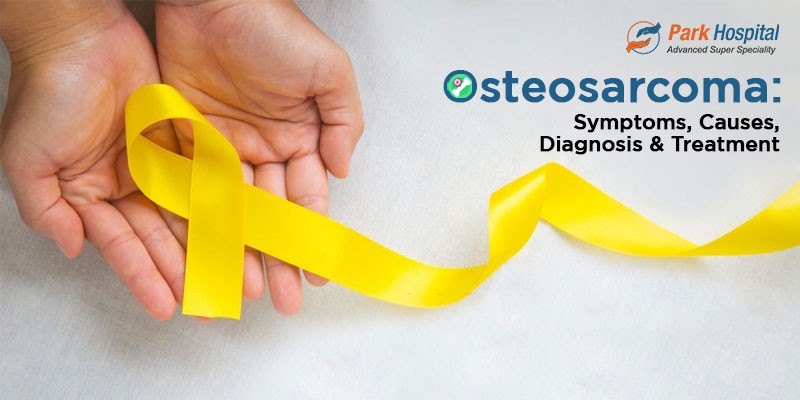Cancer diagnosis and treatment techniques have advanced significantly since the 18th century. Among these, Interventional Radiology (IR) has become critical for diagnosing cancer symptoms and potentially treating them. It also helps in treating a variety of diseases, including cancer, using image-guiding techniques like ultrasound, CT, MRI, etc. Interventional radiologists are specially trained to use imaging techniques to guide minimally invasive operations in cancer treatment hospitals.
Let's look at how IR improves the standard of cancer diagnosis while improving patient outcomes.
Why Refer to Interventional Radiology Specialists?
There are numerous reasons to recommend patients to Interventional Radiology Specialists, especially to diagnose cancer. But what is cancer? It is a condition that occurs when some body cells proliferate out of control and spread to other parts of the body.
IR professionals can precisely diagnose, stage, and treat a variety of cancers using minimally invasive procedures. This is achieved through imaging technology like MRIs, X-rays, and ultrasounds. Additionally, they are able to diagnose non-cancerous and benign diseases.
In addition to treating patients with cancers of the breast, kidneys, lungs, bones, and prostate, cancer specialist in Faridabad also provide non-cancer patients with specific diagnostics and procedures.
Types of Interventional Radiology Procedures
The majority of interventional radiology procedures can be performed in a short hospital stay or as an outpatient procedure. Common interventional radiology procedures performed by the best cancer specialist in Gurgaon include:
Image-guided Percutaneous Biopsy
It is a minimally invasive procedure in which a thin needle is inserted into the skin to take a small sample of tissue from an affected area. This is typically performed for lymph nodes or soft tissue, such as cervical cancer.
Computed Tomography (CT)
Common for deep or complex tumours like bone or lung cancer. A core needle (wide needle) is generally inserted into the hip and turned to remove the tissue, which is then placed under a microscope to examine for cancer cells or other abnormalities.
Ultrasound Imaging
A hollow needle is guided into a tumour via the abdomen with ultrasound assistance to extract a tissue sample. It is then analysed in a laboratory for cancer cells. This is particularly used for liver or prostate cancer.
Cath Lab DSA (Digital Subtraction Angiography)
Deployed in Interventional Neuroradiology for Cerebral Angiography to map blood vessels of the brain/spine, which is critical before biopsy or treatment of a vascular tumour.
Stereotactic Mammography or MRI
Techniques such as stereotactic mammography or MRI generate visualisation of the lesion in breast cancer. From there, a tissue sample is obtained for pathological analysis to determine if it is benign or malignant.
Benefits of Interventional Radiology Procedures
Apart from diagnosing cancer symptoms, there are numerous potential advantages of interventional radiology, such as the treatment of complex tumours. The benefits are as follows:
Less harm to healthy tissues and fewer treatment challenges and side effects.
Shorter recovery times.
High-precision solutions designed for the specific requirements and goals of every patient.
Greater safety standards.
Enhanced patient quality of life.
Innovative options for patients who are not improving with standard treatments.
A multiteam, collaborative therapeutic approach to help enhance patient results.
Diagnose Cancer at the Earliest with Park’s IR Specialists!
Advanced interventional radiology techniques have the advantage of being able to diagnose many different blood disorders, as well as a wide range of cancer symptoms, such as pain, fluid accumulation, and nutritional deficiencies.
Park Hospital's breakthrough interventional radiology research and services contribute significantly to the development of innovative image-guided treatments and initiatives. Patients and their loved ones may focus on achieving their treatment goals as they receive collaborative care from the best cancer specialist in Faridabad.
FAQs
1. When should I see an interventional radiologist?
You should consult with an interventional radiologist if you suffer from chronic pain, unexplained bleeding, or vascular problems such as blocked arteries and blood clots, because they provide minimally invasive procedures that rely on imaging guidance.
2. What are the first signs or symptoms that may indicate cancer?
Unexplainable weight loss, fatigue, or pain may be early warnings for cancer, along with signs like new lumps, continuing coughs, changes in skin or bowel or bladder routines.
3. How does a biopsy help in confirming cancer?
A biopsy can typically assist in diagnosing cancer by collecting and analysing tissue samples under a microscope. A biopsy provides a clear picture to the healthcare provider about whether or not there are cancer cells present.
4. Can interventional radiology detect cancer in its early stages?
Yes. Interventional radiology, with its range of advanced imaging techniques, can detect cancer at its earliest stages, often before any symptoms appear.
5. Can interventional radiologists also help treat cancer?
Interventional radiology helps treat cancer in several ways. It can target the disease directly, stop bleeding during surgery, and reduce pain and other side effects of cancer treatment.






















